
Blog
1292 posts
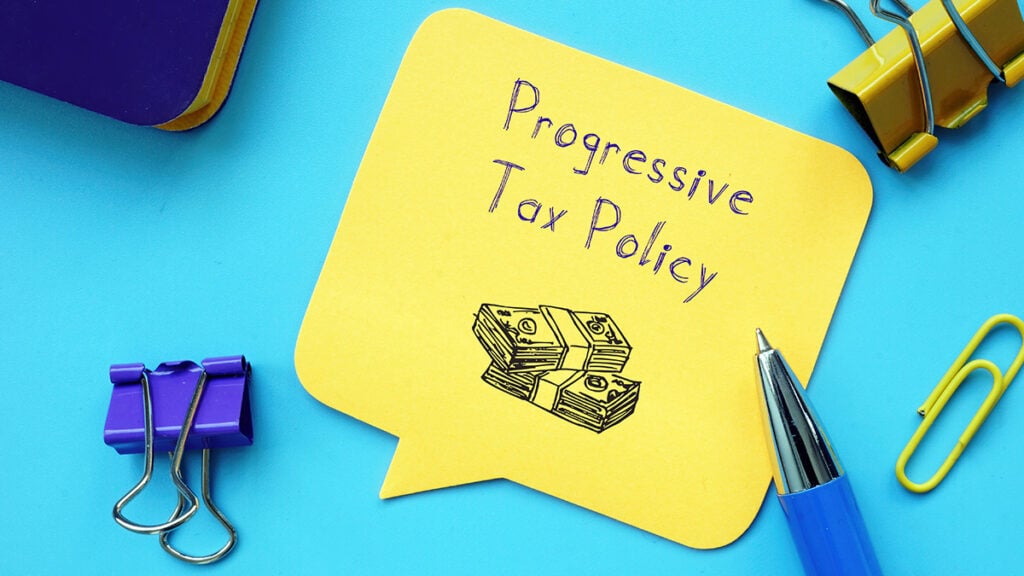
Long-term troubles for this country and this planet now demand our attention. Progressive tax policy would transform our ability to tackle them.
State Rundown 4/13: Recent State Budgets Prove Not All Tax Cuts are the Same
April 13, 2022 • By ITEP Staff

Two prominent blue states made headlines this past week when they passed budget agreements that include relief for taxpayers, and fortunately, the budget plans don’t include costly tax cuts that primarily benefit the wealthy...

Last week we highlighted how several states were pushing through regressive tax cuts as their legislative sessions are coming to a close. Well, this week many of those same states took further actions on those bills and it’s safe to say we’re even less impressed than before...
President Biden’s Proposed Billionaires’ Minimum Income Tax Would Ensure the Wealthiest Pay a Reasonable Amount of Income Tax
April 6, 2022 • By Steve Wamhoff

The Billionaires’ Minimum Income Tax included in President Biden's budget plan would limit an unfair tax break for capital gains income and complement proposals the president has offered previously to limit other tax breaks for capital gains.
Frequently Asked Questions and Concerns About the President Billionaires’ Minimum Income Tax
April 6, 2022 • By Steve Wamhoff

Find the answers to some frequently asked questions about President Biden's Billionaires’ Minimum Income Tax, which would limit very wealthy individuals’ ability to put off paying income taxes on capital gains until they sell assets.
Punitive Fines and Fees Are an Invisible Cost of State Tax Cuts
April 4, 2022 • By Jenice Robinson

The deck is stacked against those who have the least, and ongoing racism makes it even more difficult for people of color to avoid punitive systems that are intentionally structured to extract what, for poor people, can be usurious penalties. The nation collectively shrugs about such injustices because they are either invisible or we chalk up entanglements in any legal morass to personal behavior. But the truth is that, indirectly, we are all part of the fines-and-fees matrix that entraps poor people in debt or keeps them tethered to the criminal justice system. None of us should look away.
Racial Discrimination in Home Appraisals Is a Problem That’s Now Getting Federal Attention
March 31, 2022 • By Brakeyshia Samms

With both assessments and appraisals being unfair, homeowners of color are stuck between a rock and a hard place when it comes to determining the worth of what is, for most homeowners, their most valuable asset.

Several states have dropped a few late-session surprises, and from the looks of it, they’re not the good kind...
New ITEP Report Explains How the Biden Administration Can Act on Its Own to Fix Our Tax Code
March 25, 2022 • By Steve Wamhoff
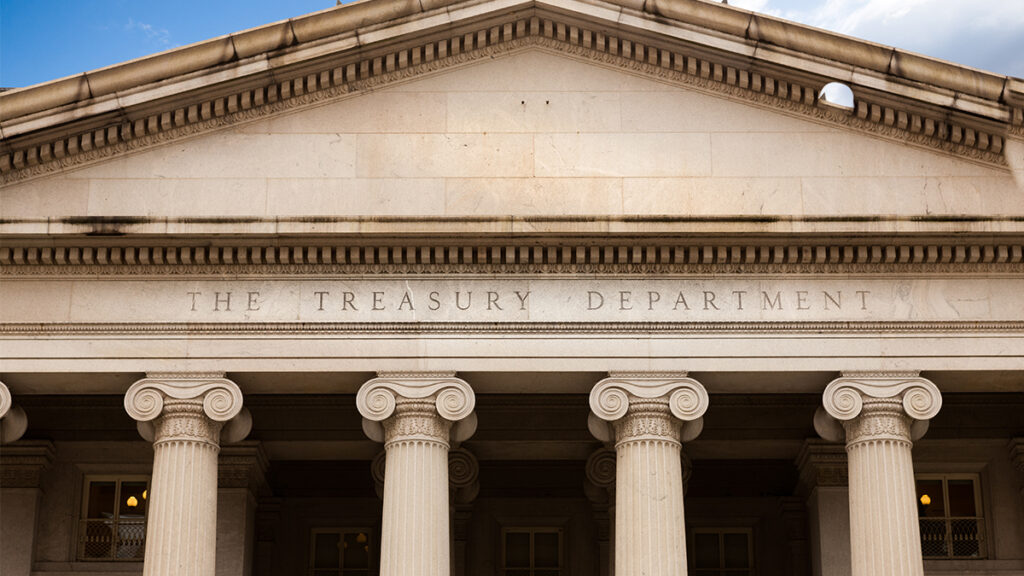
The Biden administration should revise regulations from the TCJA to enforce the law as it was written and passed by Congress, not as big banks and multinational corporations have lobbied for it to be enforced.
Excess Profits Tax Proposals Meet the Moment, But Lawmakers Should Keep Their Eye on Fundamentally Fixing Our Corporate Tax
March 25, 2022 • By Steve Wamhoff
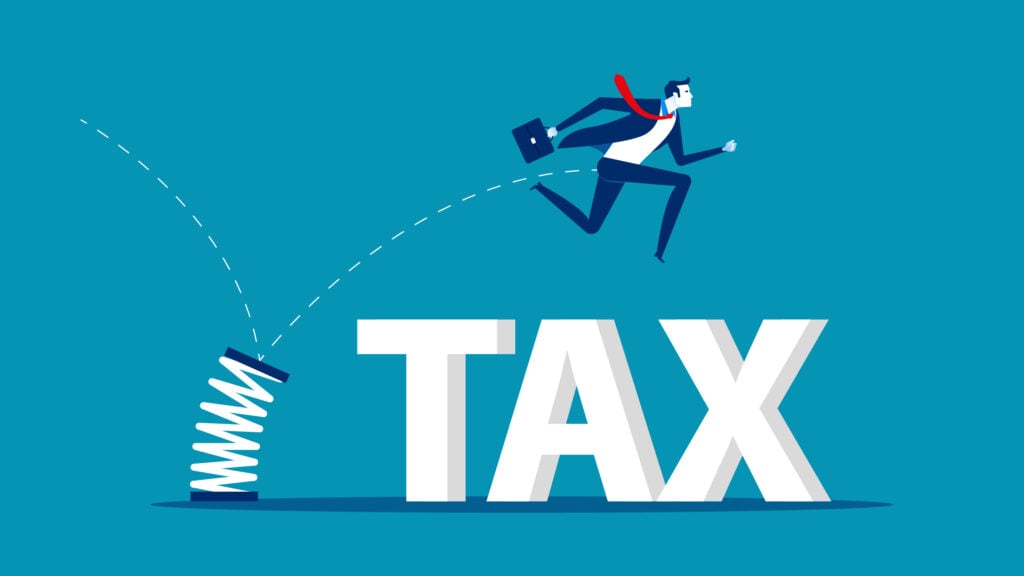
New corporate tax proposals address the current situation, but ultimately leaders in Washington must fix federal law to tax all corporate profits and stop the tax dodging that is rampant today.
Women’s History Month is a Reminder that Sensible Tax Policy is Central to Women’s Economic Security
March 24, 2022 • By Brakeyshia Samms

Women’s History Month is a chance to remember what happens for women when tax policy becomes more progressive, boosts income, and helps make raising a family more affordable.

Spring is around the corner and like those pesky allergies that come along with it, equally pesky tax proposals continue to pop up in states across the U.S....
Arizona Ruling Preserves High-Income Interests Over Education Investments, Popular Vote
March 17, 2022 • By Marco Guzman

An Arizona court decision delivered an unfortunate blow to voters and those in the state who favor a progressive, adequate tax system that can fund critical priorities including K-12 education.
State Rundown 3/16: The Scramble to Curb Rising Gas Prices is On
March 16, 2022 • By ITEP Staff

Rising gas prices have lawmakers around the country searching for ways to ease the pressure on consumers and almost half the states are considering reducing or temporarily repealing their gas tax, but another idea is taking hold...

It’s unlikely that state gas tax holidays will meaningfully benefit consumers, and they come with risks for states’ infrastructure quality.
What We Can Learn Today from the American Rescue Plan – and Sen. Rick Scott’s Proposed Tax Increases
March 11, 2022 • By Steve Wamhoff

The success of the American Rescue Plan Act is worth revisiting today. Instead of pursuing Sen. Rick Scott’s agenda of making life more difficult for those already working the hardest, Congress should extend or make permanent some of the beneficial policies in ARPA.
State Rundown 3/9: One State Stands Out Amid the Avalanche of Tax Cuts
March 9, 2022 • By ITEP Staff

The avalanche of regressive tax-cut proposals coming out of state legislatures has not slowed over the course of the winter months, but one state has provided a shot of hope to advocates of tax equity...
A Better Alternative: New Mexico Prioritizes Targeted, Temporary Tax Cuts
March 9, 2022 • By Marco Guzman
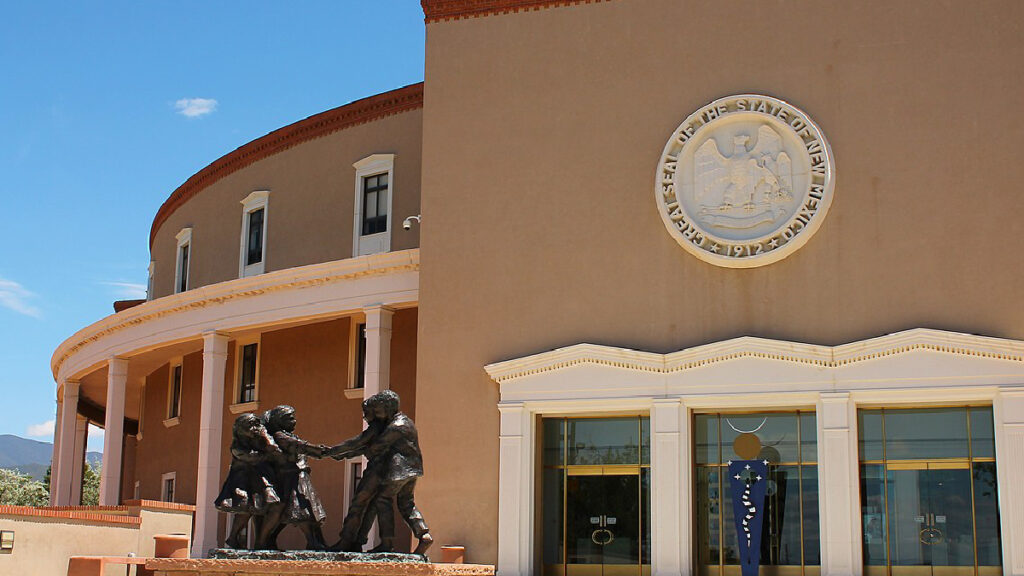
New Mexico stands in stark contrast to the many examples of poorly targeted tax-cut proposals currently being considered around the country.
Reality Check: Drastic Income Tax Cuts Are Dangerous Despite What Anti-Tax Supporters Say
March 3, 2022 • By Brakeyshia Samms

Income taxes are the backbone of most state budgets, but you wouldn't gather this fact based on the current trend to cut or eliminate them. A recent, cheerful Wall Street Journal op-ed from anti-government advocate Grover Norquist offers a clear sign that tax-cutting states are taking the wrong approach. The long-time proponent of anti-tax pledges wrote favorably about the legislative and gubernatorial plans to cut income tax cuts across the country. As usual, he failed to address that income taxes support state investments in education, infrastructure, health care and other important public services.

ITEP is happy to announce the launch of our new State Tax Watch page, where you can find out about the most up-to-date tax proposals and permanent legislative changes happening across the country...
SOTU and GOP Response Highlight Dramatic Difference in Parties’ Tax Policy Approach
March 2, 2022 • By Aidan Davis, ITEP Staff, Jenice Robinson

Since last year, multiple states across the country have proposed or are pursuing costly income and other tax cuts that are heavily tilted toward the highest-income households. State advocates have worked to beat back these proposals and sounded the alarm about the long-term consequences of tax cuts, but legislatures (most GOP-led) continue to introduce and approve top-heavy and permanent tax cuts. This state tax-cut fervor took center stage last night when Gov. Kim Reynolds of Iowa gave the Republican response to President Biden's SOTU address.
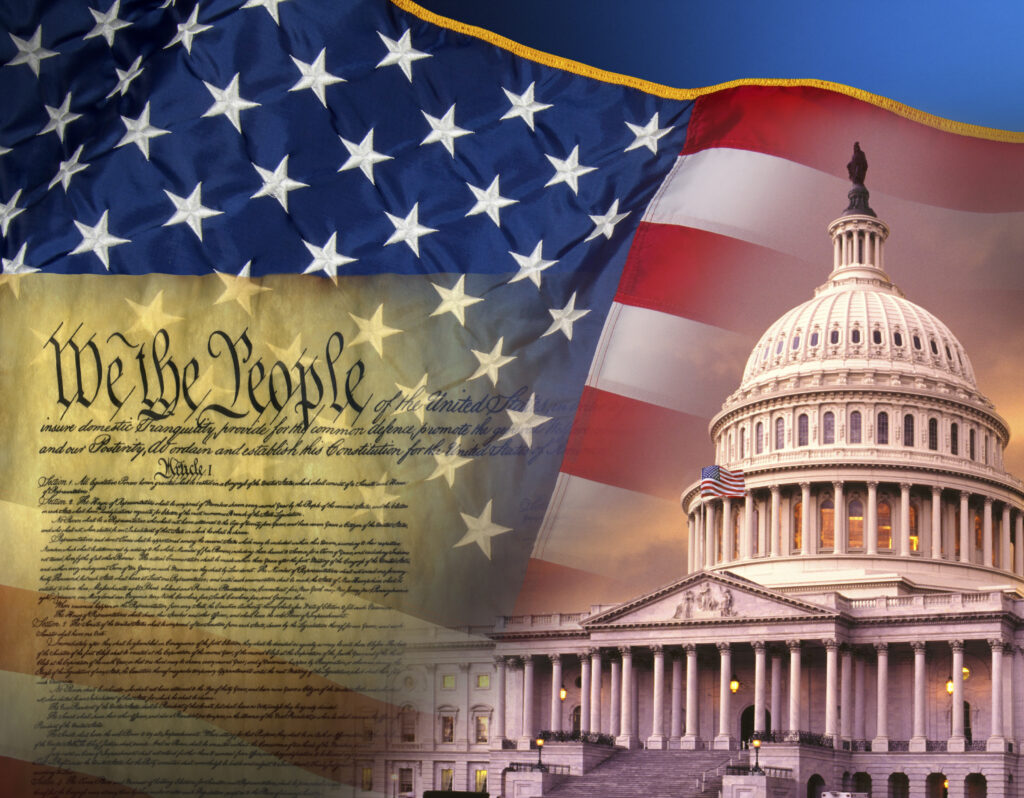
President Biden should elevate his tax and revenue proposals which remain essential if we are to pay for environmental restoration, health priorities and peacekeeping, the front-burner items that may dominate the speech.

Several state legislatures are continuing to push ahead this year with significant tax cut packages that are regressive and would dramatically reduce revenues and leave states in a bad position should they experience another unexpected economic shock...

Sen. Scott and others who favor shifting taxes away from the rich and down the income distribution often focus solely on the federal personal income tax and ignore all the other taxes that Americans pay.
The Federal Gas Tax Holiday is Not a New Idea, Just a Bad One
February 17, 2022 • By Steve Wamhoff

The argument for suspending the gas tax, which would cost $20 billion, is weaker than ever.
